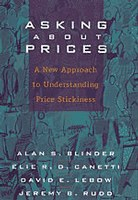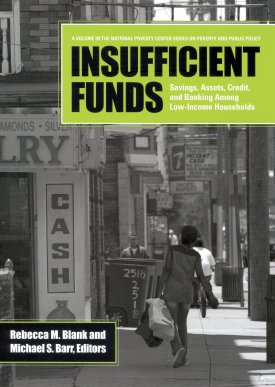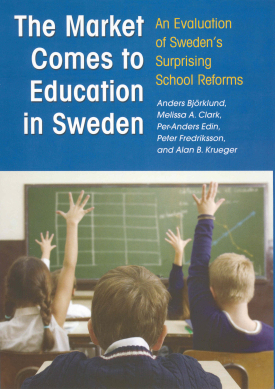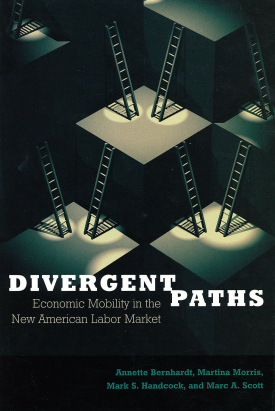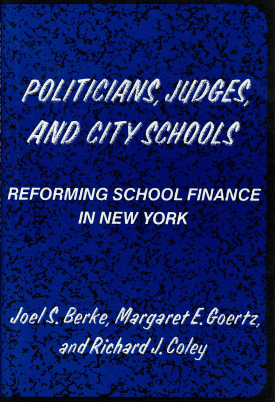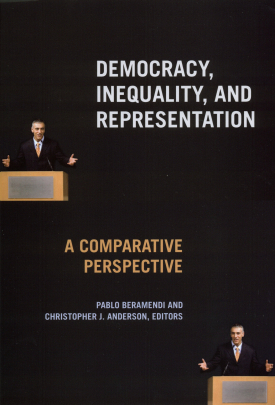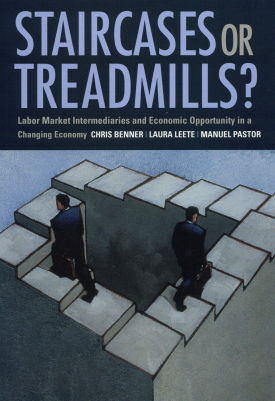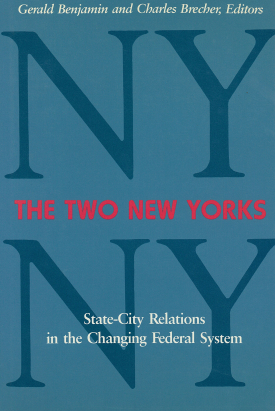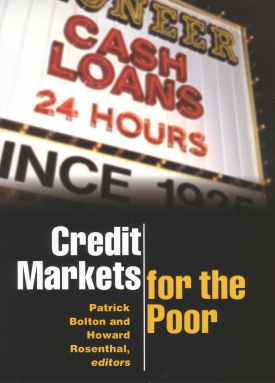
Credit Markets for the Poor
About This Book
Access to credit is an important means of providing people with the opportunity to make a better life for themselves. Loans are essential for most people who want to purchase a home, start a business, pay for college, or weather a spell of unemployment. Yet many people in poor and minority communities—regardless of their creditworthiness—find credit hard to come by, making the climb out of poverty extremely difficult. How dire are the lending markets in these communities and what can be done to improve access to credit for disadvantaged groups? In Credit Markets for the Poor, editors Patrick Bolton and Howard Rosenthal and an expert team of economists, political scientists, and legal and business scholars tackle these questions with shrewd analysis and a wealth of empirical data.
Credit Markets for the Poor opens by examining what credit options are available to poor households. Economist John Caskey profiles how weak credit options force many working families into a disastrous cycle of short-term, high interest loans in order to sustain themselves between paychecks. Löic Sadoulet explores the reasons that community lending organizations, which have been so successful in developing countries, have failed in more advanced economies. He argues the obstacles that have inhibited community lending groups in industrialized countries—such as a lack of institutional credibility and the high cost of establishing lending networks—can be overcome if banks facilitate the community lending process and establish a system of repayment insurance. Credit Markets for the Poor also examines how legal institutions affect the ability of the poor to borrow. Daniela Fabbri and Mario Padula argue that well-meaning provisions making it more difficult for lenders to collect on defaulted loans are actually doing a disservice to the poor in credit markets. They find that in areas with lax legal enforcement of debt agreements, credit markets for the poor are underdeveloped because lenders are unwilling to take risks on issuing credit or will do so only at exorbitant interest rates. Timothy Bates looks at programs that facilitate small-business development and finds that they have done little to reduce poverty. He argues that subsidized business creation programs may lure inexperienced households into entrepreneurship in areas where little profitable investment is possible, hence setting them up for failure.
With clarity and insightful analysis, Credit Markets for the Poor demonstrates how weak credit markets are impeding the social and economic mobility of the needy. By detailing the many disadvantages that impoverished people face when seeking to borrow, this important new volume highlights a significant national problem and offers solutions for the future.
PATRICK BOLTON is John H. Scully ’66 Professor of Finance and professor of economics in the Bendheim Center for Finance at Princeton University.
HOWARD ROSENTHAL is Roger Williams Straus Professor of Social Sciences and professor of politics at Princeton University and visiting professor in the Department of Economics at Brown University.
CONTRIBUTORS: Raisa Bahchieva, Timothy Bates, Patrick Bolton, John P. Caskey, Daniela Fabbri, Robert Kaestner, Malgosia Madajewicz, Mario Padula, Howard Rosenthal, Loic Sadoulet, Lisa J. Servon, Robert M. Townsend, Susan M. Wachter, Antwuan Wallace, and Elizabeth Warren.

